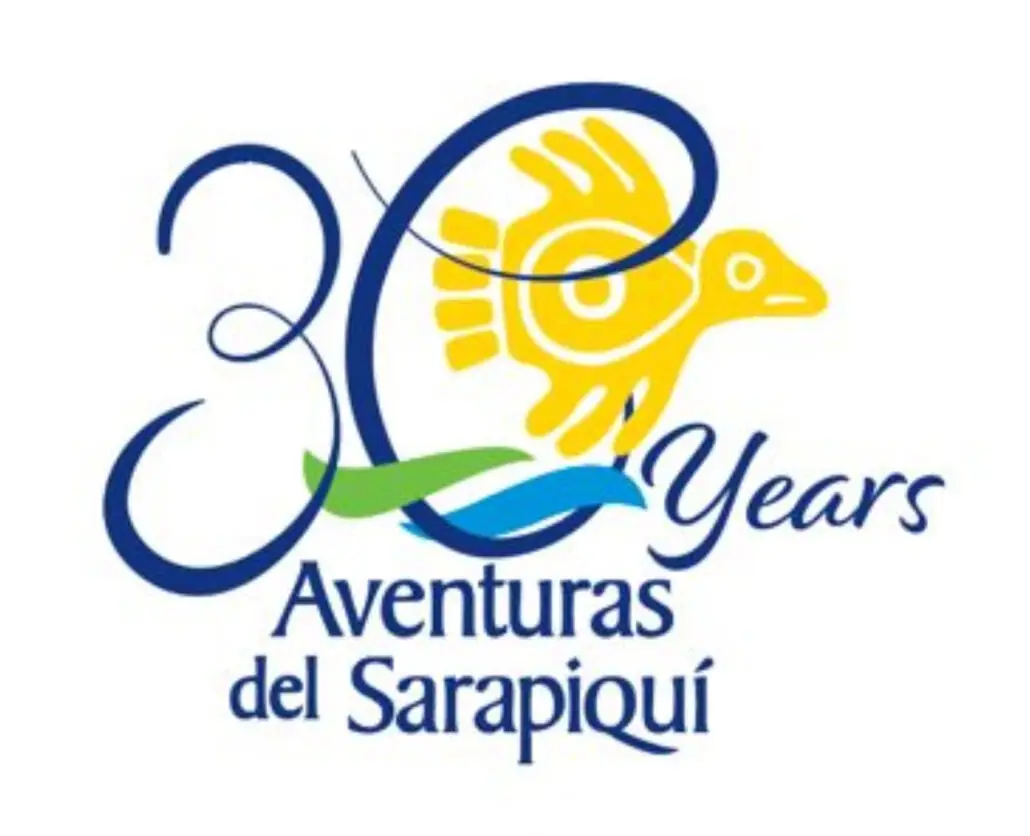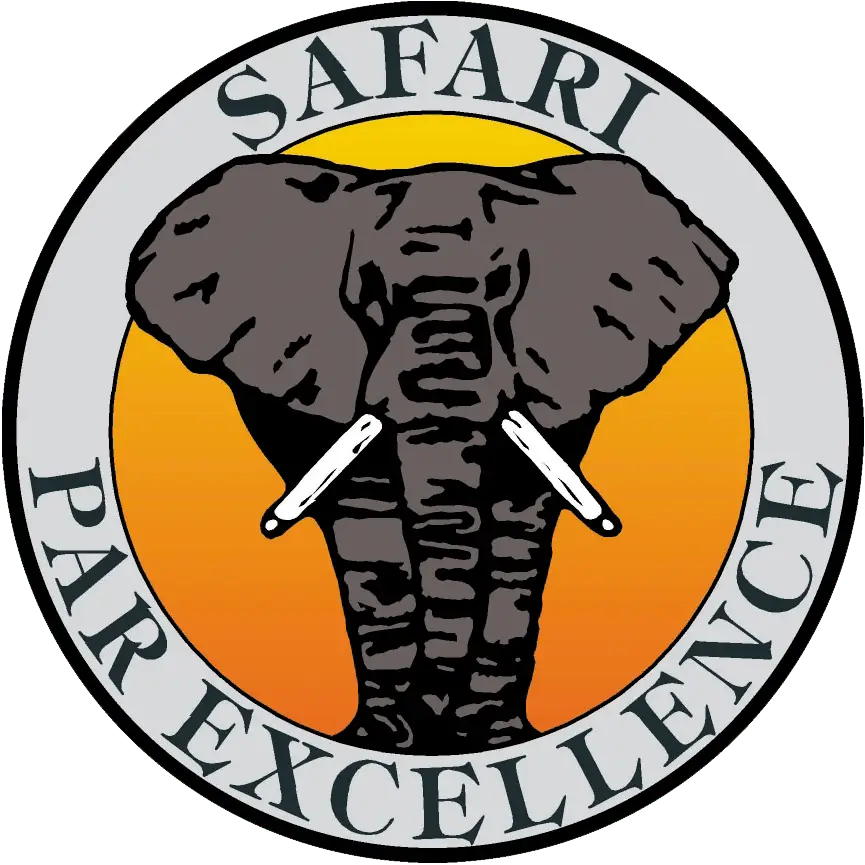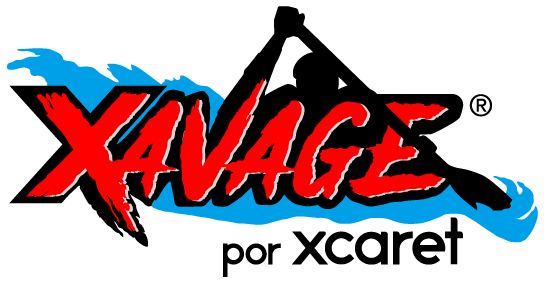The Rafting Operator Accreditation (ROA) is a credential issued by the International Rafting Federation (IRF) to rafting operators that offer rafting guided or instructional services. The purpose of the system is to provide a means of recognising operators that meet or exceed internationally accepted safety, environmental, and quality standards. The process consists of a period of self-evaluation against published standards, a peer-review by an expert committee, and a site-visit by a trained assessor.
Who is it for?
- Guided Services: Companies or nonprofits that offer whitewater rafting day trips or expedition-based trips.
- Instructional Services: Companies, schools, programs, or nonprofits that offer whitewater rafting instruction.
Operators come to the IRF for accreditation because the process benefits everyone who is engaged in or involved with their organisations. ROA provides them with a framework to manage their resources, offer best practices, and strive for continuous improvement. This supports an operator’s sustainability, encourages its growth, and helps it achieve measurable results.
ROA helps operators ensure they have systems in place to:
- Prevent and respond to accidents.
- Deliver quality services to their participants.
- Run a socially and environmentally responsible operation.
Once fully accredited, operators enjoy the following benefits:
- Evidence that their operation has implemented internationally accepted standards.
- Enhancement of their operation’s safety and quality through regular internal and external review.
- Belonging to a network of IRF accredited operators that assists consumer choices.
- Greater exposure via the IRF website and other IRF media outlets.
- Reputation boost through the use of the ROA logo in marketing and promotional materials.
- Access to resources on operator related subjects such as insurance, administration templates and processes, training, guide employment, etc.
As the ROA network gains momentum and grows in capacity, the IRF will endeavour to provide further value and financial benefits to accredited operators. Potential exists in the following categories: discounted access to insurance, supplies, trade bodies, marketing services, online services, booking software, etc.
What is the process?
- Self-Evaluation: The operator compares itself to the ROA standards and gathers evidence that demonstrates compliance to the standards.
- Peer-Review: An expert committee assesses the operation against the ROA.
- Site-Visit: A trained assessor verifies that the operator has implemented the policies, procedures, and practices related to the standards.
See the full ROA Standards here.
The ROA process is designed in stages, offering an opportunity for operators to incorporate feedback. The accreditation consists of a period of self-evaluation against published standards, followed by the assessment which consists of a peer-review by an expert committee, and a site-visit by a certified ROA assessor.
The process can be completed in six to twelve months, depending on the complexity of an operation, its location, and its time / resource commitment.
- Initial Application:
- The operator completes and submits the Online Application Form.
- Once the ROA Coordinator has confirmed eligibility, an Accreditation Agreement is sent to the operation’s primary contact to sign and return along with the Application Fee.
- Pay ROA Application Fee by Credit or Debit Card
- The ROA Coordinator sends the operator the material for self-evaluation and works with them to ensure they understand the process, standards, and expectations and address any specific needs they might have.
- Self-Evaluation Report (SER):
- The SER provides the operator an opportunity to look at their current policies, procedures, and practices and see how they align with the ROA standards.
- The operator collects evidence that demonstrates their implementation of the standards and, when ready, submits the completed SER, including the evidence, to the ROA Coordinator along with the Assessment Fee.
- Pay ROA Assessment Fee by Credit or Debit Card
- Peer-Review:
- The ROA Coordinator assigns a Peer Review Committee, composed of industry experts, to the operator.
- The Peer Review Committee reviews the operator’s SER and assesses their operation against the ROA standards. They either approve a site-visit or offer them an opportunity to incorporate
- If a site-visit is approved, the operator gains the Provisional Accreditation
- Site-Visit:
- Within 2 years of obtaining the Provisional Accreditation status, a trained ROA Assessor visits the operation to ensure that the operator has implemented the policies, procedures, and practices related to the The operator is responsible for the cost of the site-visit ($250 USD per day) plus the assessor’s travel expenses .
- After the site-visit, the Peer Review Committee reviews the Site-Visit Report and either approves the accreditation or offers the operator an opportunity to incorporate feedback.
- If the accreditation is approved, the operator gains Full Accreditation
- Maintaining the Accreditation:
- The ROA accreditation is valid for three years from the date of achievement for the first period, and three years for the following cycles.
- Remaining accredited requires operators to maintain their compliance to the standards with an Annual Report and upkeep of the annual membership fee.
- At the end of the accreditation period, operators are required to complete a self-evaluation against the updated standards as well as a new site-visit, which may be done remotely.
- There are no prerequisites for the self-evaluation Any operator can apply and benefit from going through the internal audit process.
- To move to the second stage, the peer-review, applicants must have been in operation for at least 100 operator days (over a minimum of 2 years) under the current ownership and have paid the assessment fee.
- Applicants must hire all up-to-date IRF certified guides or instructors (or certified by IRF approved training programs).
- Applicants must be ready to demonstrate that they meet the ROA standards and have a commitment to the mission of the IRF.
- Application: $20 (includes self-evaluation materials)
- Assessment: $500
- Site-Visit: $250 per day (minimum one full day)
- Recurring (renewal): $500 (three year validity)
ROA application form
Use this form to commence your application for Rafting Operator Accreditation.
Accredited Rafting Operators:
These rafting operators are certified as having met the IRF’s Rafting Operator (ROA) Standards:
Based in Costa Rica, and operating on the Sarapiquí and Puerto Viejo rivers for 30 years
Based in Wales in the UK, operating on the Artificial White Water course / River Usk / Tawe / and various Scottish rivers.
Based in Zambia, operating on the Zambezi river (Zambezi gorge near Victoria Falls).
Born from the idea of creating synergy between the Outdoor professionals present in the area.
Based in Mexico has the only white water rapids in Cancun and the whole Yucatán Peninsula, on the longest man-made course in the world. It starts in calm waters and goes increasing until it reaches class III waters.






